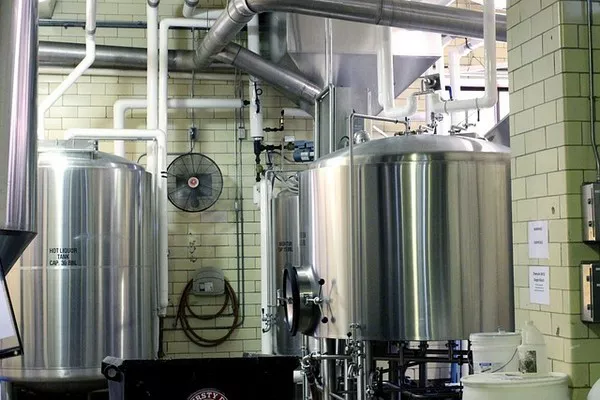Washington State Ferries (WSF), the largest public ferry system in the United States, has chosen ABB, a prominent Swiss equipment company, as the exclusive supplier of propulsion systems for their upcoming hybrid-electric fleet.
Under this partnership, ABB will take charge of the development, bidding process, and delivery of propulsion equipment for five new ferries designed to accommodate 160 vehicles and 1,500 passengers. The company will provide a comprehensive system design and integration technology, including electric engines, batteries, and propellers, to power the state’s Olympic-class vessels.
The Washington State Department of Transportation has highlighted the extensive range of components required for this project. ABB’s scope of work will involve the implementation of two electric engines, four propulsion motors, an energy storage system, diesel generators, alternators, transformers, switchboards, and various electrical components, emphasizing a commitment to sustainable maritime transportation solutions.
WSF has recently initiated a bidding process targeting shipyards across the country. The organization anticipates awarding contracts to one or two shipbuilders early next year, with the first two vessels scheduled for delivery in 2028 and the remaining three by 2030.
These five ferries are part of WSF’s ambitious $3.98 billion Ferry System Electrification Plan, which aims to significantly reduce greenhouse gas emissions and fuel consumption, ultimately transitioning to a fully zero-emission fleet by 2050.
ABB’s innovative technology includes the deployment of its Onboard DC Grid power distribution product, offering advanced energy management, storage capabilities, and integrated automation features. This modular platform facilitates the seamless integration of energy sources such as batteries, fuel cells, and generators, enhancing efficiency and reliability in maritime operations.
The electrification of WSF’s fleet signifies a pivotal step towards sustainable transportation practices, with the hybrid-electric ferries projected to save approximately 240 million gallons of diesel over their operational lifespan of 60 years. By reducing systemwide emissions by 75%, WSF aims to make a substantial contribution to environmental preservation and combatting climate change.
In conjunction with the vessel upgrades, WSF plans to enhance infrastructure by adding charging capabilities to 16 terminals as part of its electrification strategy. The installation of lithium-ion batteries, converters, inverters, power distribution systems, and rapid charging mechanisms both onboard the ferries and at the terminals will further bolster the transition towards a more environmentally friendly and efficient transportation network.
The collaboration between Washington State Ferries and ABB exemplifies a concerted effort towards modernizing maritime transportation through sustainable and innovative solutions, setting a precedent for eco-conscious practices in the industry.

